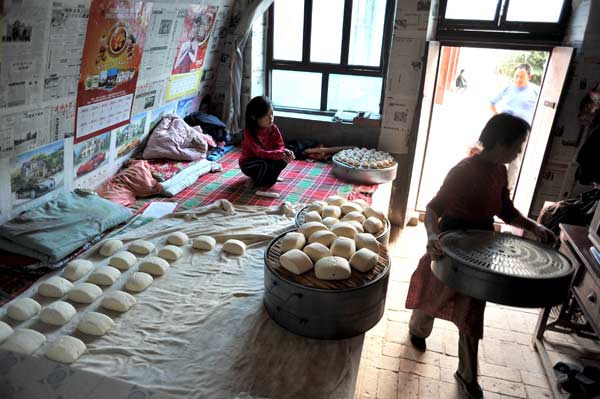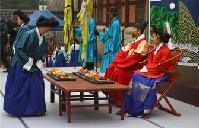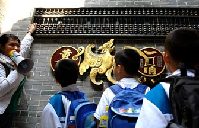Heated debate over bed-stove status
By Sun Yuanqing and Chen Jie ( China Daily ) Updated: 2014-03-20 08:50:38
 |
|
Photo Provided to China Daily |
"The final goal of applying for the UNESCO listing is to protect and inherit the heritage," says Zhang Ling, deputy director of the department that cooperates with the Intangible Cultural Heritage Department to apply for the UNESCO list.
"China is a big country with long history, dozens of ethnic groups, rich traditions and a large amount and variety of cultural heritages, which means we have contributed a lot to human civilization and also means that we have more important things than kang to protect at the moment.
"Even within the genre of architecture, we have more important things to preserve."
South Korea registered the Gangneung Danoje Festival as a UNESCO intangible cultural heritage in 2005, causing much controversy among the Chinese public as the festival is rooted in Chinese culture.
The Korean festival is similar to China's Dragon Boat Festival.
But South Korea's confidence and dedication to its own cultural heritage is worth learning from, says Gao Wei, secretary-general of the Beijing Folklore Society.
"Whether or not they succeed, it reminds us to preserve and innovate on traditions. We have so many cultural heritages that are on the verge of disappearing," Gao adds.
|
|
|
|
|
|
|
|























 Raymond Zhou:
Raymond Zhou: Pauline D Loh:
Pauline D Loh: Hot Pot
Hot Pot Eco China
Eco China China Dream
China Dream China Face
China Face





